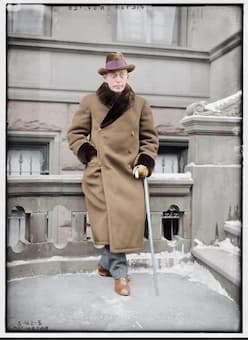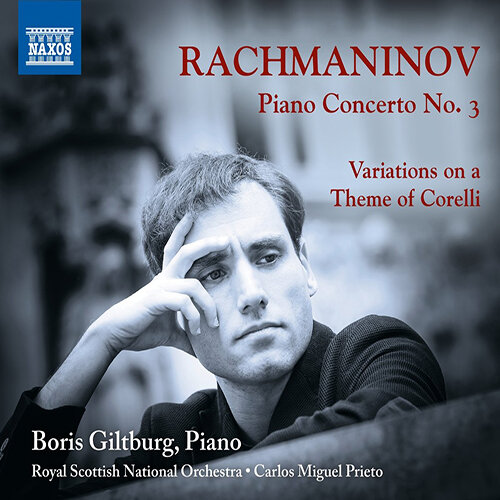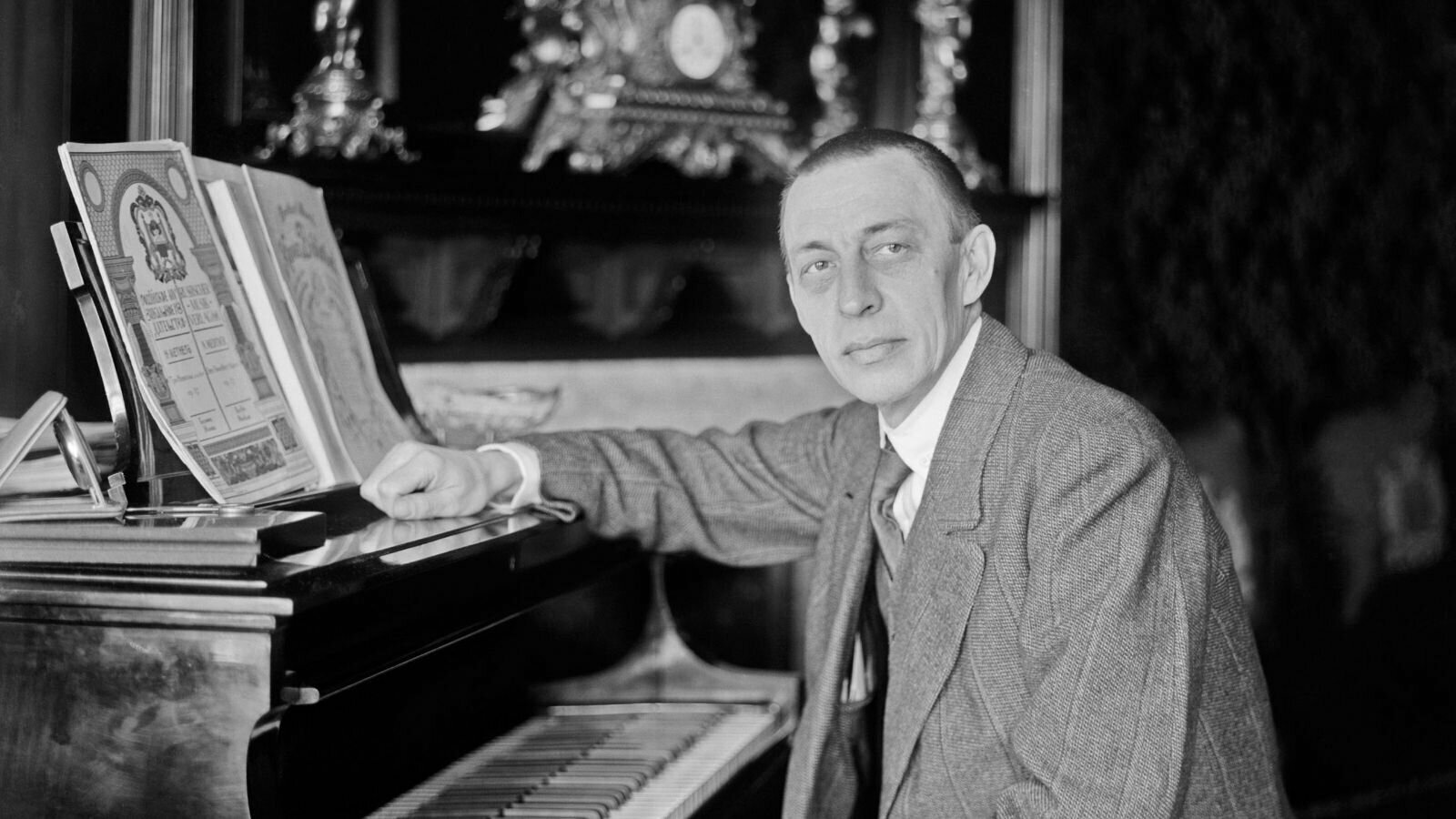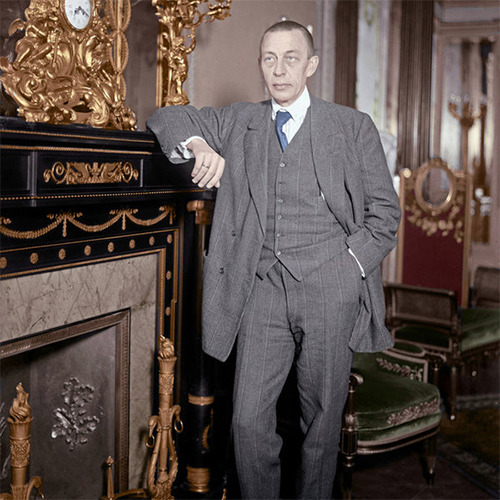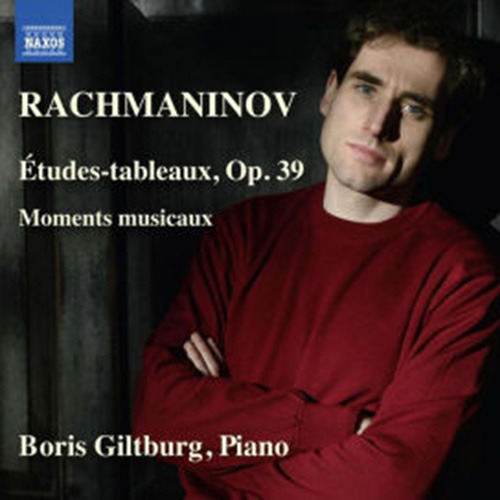Throughout the history of music, a good many composers had been able to claim aristocratic lineage. Such is certainly the case with Sergei Rachmaninoff, born on 1 April 1873. His father Vassili Rachmaninoff, son of the landowner Arkadi Rachmaninoff and
Rachmaninoff
You have to hand it to composer Sergei Rachmaninoff—his three symphonies, the Symphonic Dances, four piano concertos, and the Rhapsody on a Theme of Paganini are all written in minor keys. Other favorites, perhaps less frequently performed, are also in
Piano Concerto No. 3 in D Minor, Op. 30 – I. Allegro ma non tanto From RACHMANINOV, S.: Piano Concerto No. 3 / Variations on a Theme of Corelli (2018) Released by Naxos Rachmaninov: Piano Concerto No. 3 in D
Rachmaninoff composed his Opus 33 Études-Tableaux between August and September of 1911, the year after he completed his Opus 32 Preludes, and while the Opus 33 shares some stylistic points with the Preludes, the pieces are very unlike them. Rachmaninoff
Boris Giltburg spent all night playing Rachmaninov for a very special film, revealed here! It’s the dead of night, probably around 3am. Outside, on the main street, cars are still whooshing by. Inside, it’s mostly dark, apart from two spotlights
Tension was high in Philadelphia, USA, on 18 March 1927. Leopold Stokowski and the Philadelphia Orchestra had invited Sergei Rachmaninoff as the soloist in premiere of the composer’s 4th piano concerto in G minor. Rachmaninoff had come to the United
In the summer of 1939, Sergei Rachmaninoff (1873-1943) left England for America to avoid the omnipresent threat of war. He had had a successful career in the US, touring as concert pianist, but now he was ill and tired. The
Etudes-tableaux, Op. 39 No. 2 in A Minor: Lento assai From RACHMANINOV, S.: Etudes-tableaux, Op. 39 / Moments Musicaux (2016) Released by Naxos Rachmaninov: Etudes-tableaux, Op. 39 – No. 2 in A Minor: Lento assaiPianist Boris Giltburg sees Rachmaninov’s Études-tableaux,Op.


